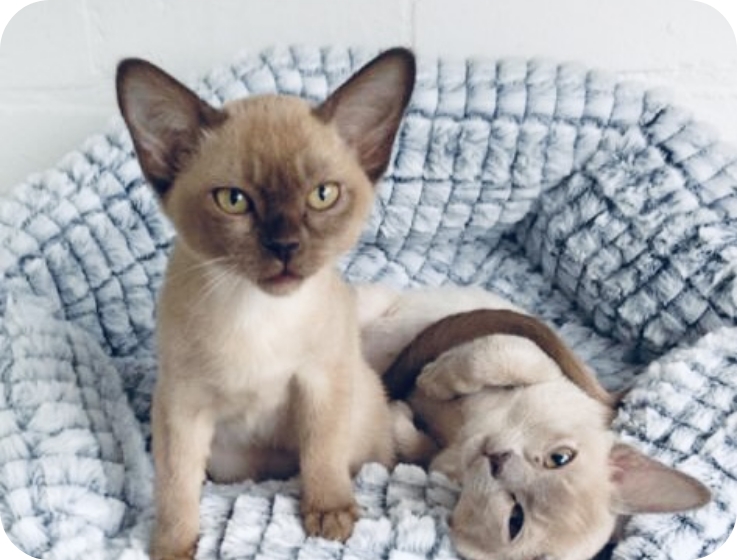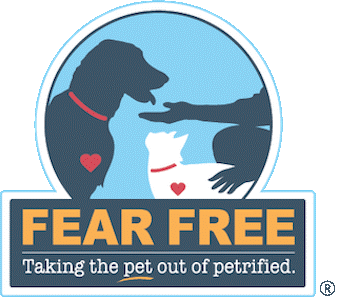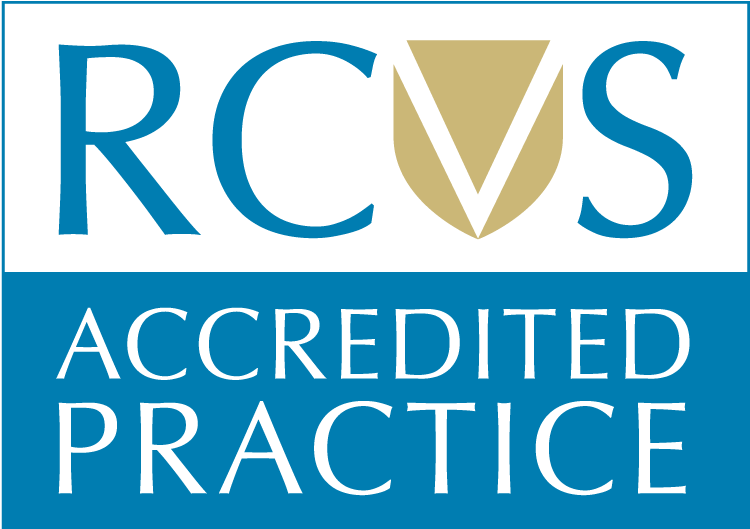Bringing Home a New Puppy or Kitten? Here’s Everything You Need to Know

Welcoming a new puppy or kitten into your home is an incredibly exciting time – full of cuddles, curiosity, and a few chewed slippers along the way! But those first few weeks are also vital in shaping their long-term health and behaviour.
At Highgate Veterinary Clinic, we work closely with new pet owners to make sure their puppy or kitten gets the very best start in life. Whether you’re preparing for a new arrival or just brought one home, here’s our essential guide to looking after your new furry family member.
🥣 Feeding Your Puppy or Kitten
Nutrition is key to healthy development in those early months.
-
Choose a complete, age-appropriate diet labelled for puppies or kittens. These foods contain the right balance of protein, fat, calcium and essential nutrients for growth.
-
Feed small, regular meals – usually 3 to 4 a day until they’re around 6 months old.
-
Always provide fresh water and avoid feeding human food, especially anything toxic like onions, garlic, chocolate, or grapes.
💡 Not sure which food to choose? Our team is happy to recommend trusted brands and portion guidelines based on your pet’s breed and age.
💉 Vaccinations and Vet Visits
Early vet care is crucial for protecting your new pet against preventable diseases.
Puppies and kittens need their first vaccinations at 8–9 weeks old, followed by a second course a few weeks later. These protect against conditions like:
-
Dogs: Parvovirus, Distemper, Leptospirosis, Hepatitis
-
Cats: Cat flu, Feline Leukaemia Virus (FeLV), Enteritis
📅 We’ll help you set up a vaccination schedule, and from there, we recommend annual boosters to maintain immunity.
Your first visit is also the perfect time to discuss flea and worming treatments, microchipping (a legal requirement for dogs in the UK), and insurance options.
🏠 Settling Them into Your Home
Create a calm, safe environment where your pet can explore and rest. Essentials include:
-
A warm, cosy bed
-
Litter tray (for kittens) or puppy training pads
-
Scratching post or chew toys
-
Quiet space to retreat to when overwhelmed
Introduce new experiences gradually – including people, other pets, and household noises – to help prevent anxiety or fear later in life. Socialisation is just as important as nutrition and vet care during this stage.
🐾 Training Basics: Start Early, Stay Consistent
Early training helps prevent behavioural issues later on.
Puppies benefit from basic command training, toilet training, and confidence-building. Positive reinforcement (like treats and praise) works wonders. Puppy training classes are a great way to develop social skills and manners.
Kittens usually take to the litter tray instinctively, but you can encourage good habits with praise and a clean, quiet location. Scratching furniture? Redirect them to a scratching post rather than telling them off.
Consistency, patience, and routine are key to raising a happy, well-adjusted pet.
🐶🐱 What to Expect from Your Vet in the First Year
At Highgate Veterinary Clinic, we offer tailored puppy and kitten packages that include:
✔ First vaccinations
✔ Flea and worm treatment guidance
✔ Microchipping
✔ Nutrition and behaviour advice
✔ Ongoing support as they grow
Regular health checks in the first year help us spot any issues early, answer all your questions, and guide you through neutering, teething, growth milestones, and more.
🎉 Enjoy the Journey!
Raising a puppy or kitten is full of joy (and the odd chewed sock). With the right advice and a bit of planning, you’ll set them up for a healthy, happy life as a much-loved member of the family.
Thinking about getting a new pet, or recently brought one home? Book a first visit with Highgate Veterinary Clinic and we’ll walk you through every step of the journey — from vaccinations to training tips, and everything in between.
Tags: best vet Cambridgeshire, fear free vet, kittencare, newkitten, newpuppy, puppycare







